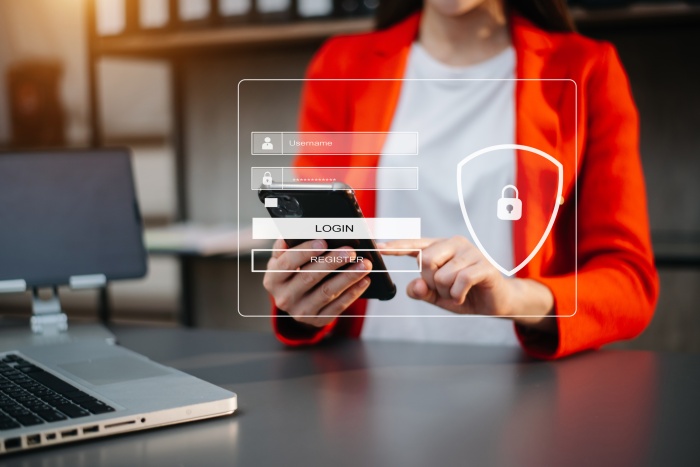5 Early Warning Signs of Fraud on Your Bank Account
In today's digital age, where financial transactions happen at the click of a button, it's important to stay vigilant about the security of your bank account. Fraudsters are constantly devising new ways to access your money unlawfully, making it crucial for consumers to be aware of the warning signs indicating potentially fraudulent activity. Here are five early warning signs of fraud in your bank account that you should never ignore:
- Unrecognized Purchases - One of the most common indicators of fraudulent activity on your bank account is noticing unrecognized purchases. Fraudsters often initiate small transactions to test the waters before attempting larger ones. These transactions may seem insignificant at first glance, but they serve as red flags that someone unauthorized is accessing your account. Make it a habit to regularly review your account statements. Look out for any purchases or charges that you don't recall making, no matter how insignificant they may seem. Promptly reporting such transactions to your financial institution can help prevent further fraudulent activity and safeguard your finances.
- A Random Number Claiming to be Your Financial Institution - Beware of unsolicited phone calls or text messages claiming to be from your financial institution. Fraudsters often impersonate banking institutions to trick unsuspecting individuals into giving out sensitive information or transferring money hastily. Remember, legitimate banks or credit unions will never ask you to disclose personal information or initiate urgent transactions over the phone without prior authentication.If you receive such a call or message, refrain from providing any information and promptly disconnect the call. Instead, independently verify the authenticity of the communication by contacting your financial institution directly using a verified phone number or visiting their official website.
- Receiving Password Reset or Authentication Codes You Didn’t Request - Another telltale sign of potential fraud is receiving unexpected emails or messages requesting password resets or authentication codes for your bank account. Fraudsters often attempt to gain unauthorized access to your account by obtaining these credentials. If you receive such notifications without initiating any password changes yourself, contact your financial institution directly to report the incident and verify the security of your account. Always avoid clicking on any links provided in these messages, as they may lead to phishing websites designed to steal your login credentials.
- Unwanted New Location or Devices on Your Account - Keep a close eye on any notifications regarding new device or location access to your bank accounts. If you receive alerts about unfamiliar devices or locations accessing your account, it could be a sign of unauthorized activity. Fraudsters often attempt to access accounts from new devices or locations to avoid detection. To help prevent this risk, enable security features such as multi-factor authentication and device recognition offered by your financial institution. These features can serve as an extra layer of security and prevent unauthorized access to your account.
- Requests to Update Your Banking Information - Be wary of any requests to update your banking information that you didn't initiate. Fraudsters may contact you under the guise of your financial institution, requesting sensitive information or account updates. Remember, legitimate financial institutions will never ask you to disclose personal information or transfer funds via unsolicited emails or messages. If you receive such requests, refrain from responding and report the incident to your bank immediately. Verify the authenticity of any communication by contacting your bank through official channels to ensure the security of your account.
Staying vigilant and proactive is crucial in safeguarding your bank accounts against fraudulent activities. By being aware of these early warning signs and taking prompt action, you can protect yourself from falling victim to financial fraud and ensure the security of your hard-earned money. Remember, when it comes to your finances, it's always better to be safe than sorry.
Remember, legitimate financial institutions will never ask you to disclose personal information or transfer funds via unsolicited emails or messages.


